Combined team from Mozambique, Kenya wins 34t Christof Heyns African Human Rights Moot Court ...
Covid-19: In Mozambique, if there is no money for bread, there will be none for soap
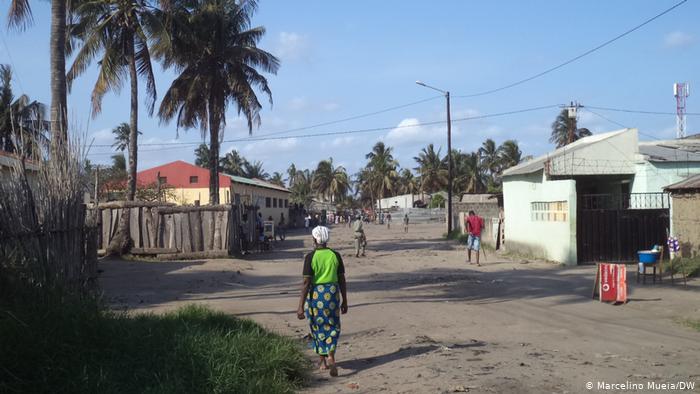
File photo: DW
- Covid-19 has increased the list of daily challenges for those who live precariously and who always start the day in the same way: “When it dawns, everyone tries to get along in their own way”.
Lidia Cossa, 88, has a mask, but she doesn’t have the money to buy soap or disinfectant and comply with the Covid-19 prevention measures in the iconic Mafalala neighbourhood in the heart of the Mozambican capital, Maputo.
“I don’t work, so what am I going to buy it with? It may cost only one metical, but that’s already expensive for me,” she says, sitting in her doorway as she tries to earn something selling snuff tobacco.
Further along, Fátima Cruz, 28, lost her job in the hotel sector when the pandemic closed everything. “I had to cut back on a lot of things. Breakfast is sometimes enough for the child. We adults just have to manage,” she says, her eyes widening.
She goes out into the street with her eight-month-old daughter Naira, just a short walk “to protect the baby from the virus”.
They go to the corner bounded by a nauseating ditch at the edge of which Amina Sumalgy sells ‘bajias’ (bean cakes), which also make not even enough to buy the minimum to prevent the disease – even before, not enough for her to treat her back and legs .
“If you earn 70 or 80 [meticais, about one Euro] a day, here, what do you do? You buy what with 80, here?” she asks.
The difficulty is in the soap and alcohol
Miraldo Arsénio, 22, a Mozambican second league soccer player, is looking for “other ways” to feed six people at home, “without the games” that he played before the pandemic, which has left him without a championship.
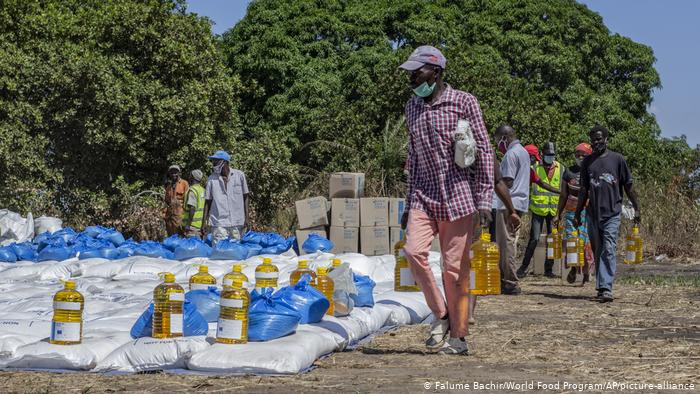
“Before, I ate anything. Now, I pause to think. There are other people who have to eat,” he says.
Amina Usseni, 25, born and raised in the neighbourhood, watches this daily routine from the Mafalala museum and accommodation house, her workplace, a new building that is different from the rest of the houses in the neighbourhood which was home to historical figures such as poet Noémia de Sousa, the footballer Eusébio and the first Mozambican president, Samora Machel.
“I think the main difficulty is the soap and alcohol. People use ash more,” (a MISAU- recommended substitute), because “many do not even have enough to buy their daily bread, which is 10 meticais. So imagine something that costs 15 or 20”.
Then there is a lack of information: “Lots of families don’t even believe in Covid,” she adds. “They think it is something that affects only the rich, and does not affect the poor.”
Many think “that it is a disease that can be cured with eucalyptus vapour, or that it is enough simply to bathe”, and do not even wear a mask in the neighbourhood streets.
“I think it is necessary to raise families’ awareness, run campaigns. Unfortunately, there isn’t much,” she says, even proposing a plan of her own: “Get into homes and show videos – show what the reality is, of a fatal virus.”
Lack of basic sanitation
The neighbourhood, which has no sanitation, is covered by a system of open air ditches that 33-year-old city council worker Marco Matuli has been cleaning since 2012.
The rainwater pushes the garbage along and the neighbours push what they shouldn’t, he complains. Some ” even throw the dirty water from the toilets into the ditch”.
Up the road, his teammates blow a whistle, the signal for the wheelbarrow to carry away the waste which came out of another ditch.
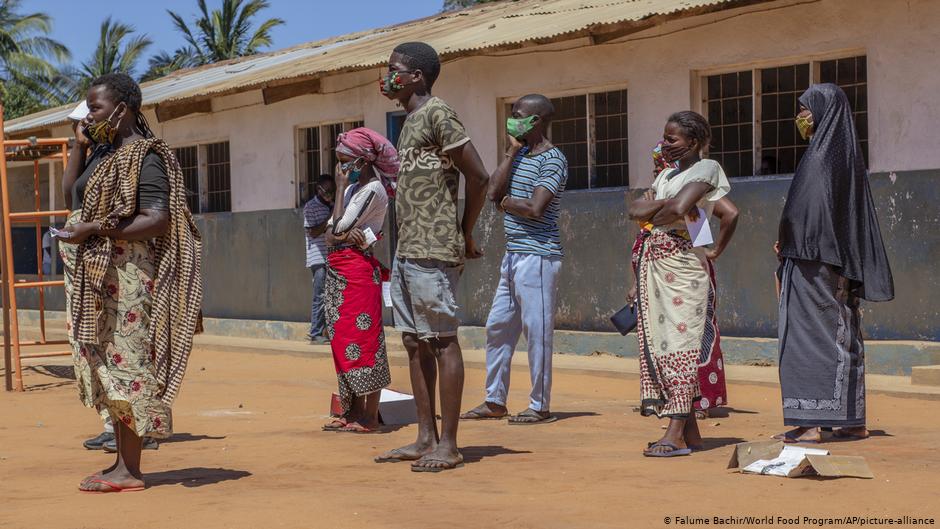
Fátima Abibo, 30, opens the door to a room flooded with leakage from the neighbour’s toilet.
“I am afraid of the coronavirus, I don’t go out into the yard without a mask,” she says. Nor can she find any way to solve the latrine overflow – yet another health risk.
There she lives with a son, a disabled aunt and a brother, in a small space even shared with a neighbour and his wife, all trying to maintain the recommended distance with a leaking cesspool infiltrating the house.
“You know, this distance is not easy, because of all the people, but we try,” says Luisa Severiano, 28, who is selling bags of coal in the middle of the street.
The lack of hygiene is compounded by the fact that many houses do not even have piped water.
“Not everyone has drinking water. Some go to a neighbour’s house, others have a well in their yard,” Amina Usseni says.
“Covid came to destroy everything”
Zacarias Langa, 64, has piped water at home almost every day, for several hours. “it starts at dawn, at about 3:00 or 4:00 a.m., until noon. That is the time we have to fill bottles, drums, everything [with water]”.
The Mafalala museum and guest house was one of the places where children drank water, but now that is no longer possible, because of the pandemic prevention measures.
“Everything has changed. There is no longer even a picture with a hug for visitors. Because of the social distance,” Amina complains, lacking even tourists to welcome.
“Covid is destroying everything,” she says. “Now, even going to work is to face fear, because we don’t know if someone is going to infects us, or if we will infect our families.”



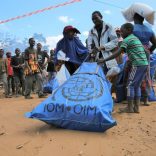

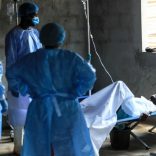
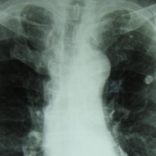





Leave a Reply
Be the First to Comment!
You must be logged in to post a comment.
You must be logged in to post a comment.